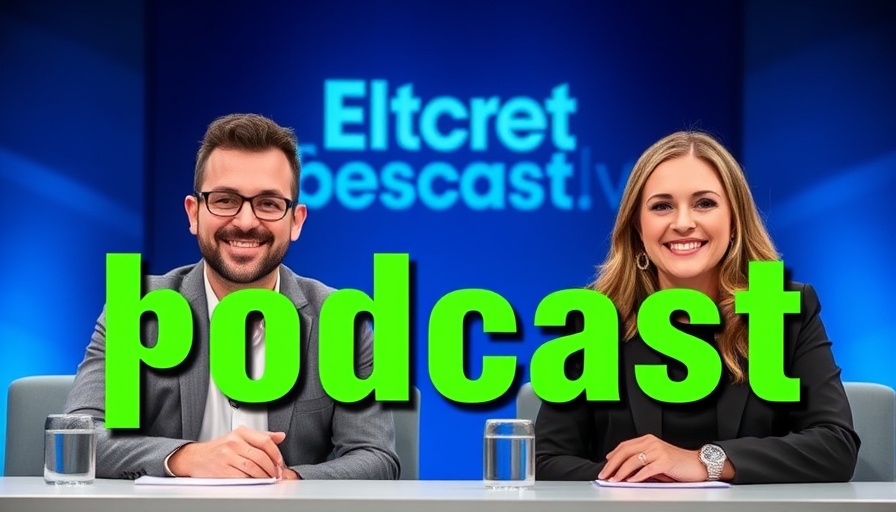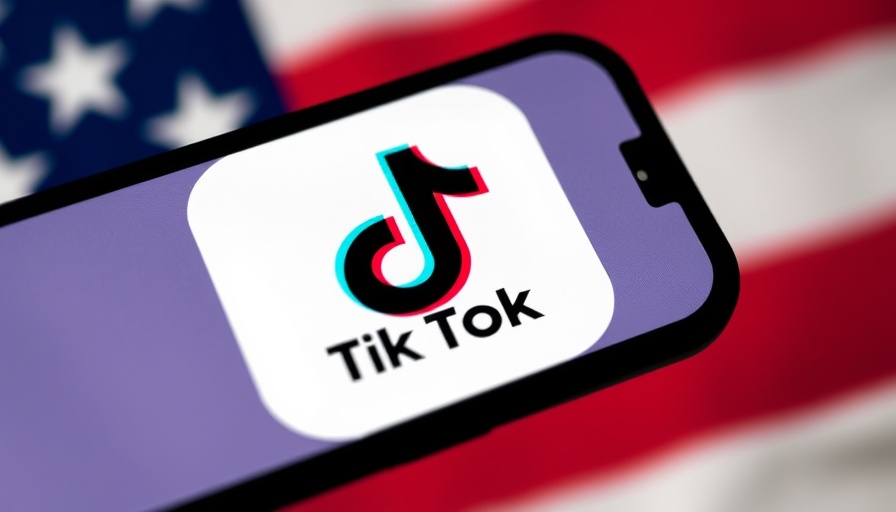
Google's AI Mode Patent: A Turning Point for Search
In the realm of technology, Google’s latest patent titled Search With Stateful Chat heralds a significant shift in how users engage with search engines. Published in August 2024, this patent suggests that Google is developing a model aimed not just at enhancing search efficiency but at fundamentally altering the architecture of search itself. Michael King, founder of iPullRank, was among the initial voices to emphasize the implications of this patent, sparking widespread interest and debate within the digital marketing community.
The core components of this system include the ability to remember previous searches, build a persistent user state, and utilize large language models (LLMs) to facilitate multi-step search journeys. This pivot to incorporating conversational memory could imply a profound change in user interaction with technology. If executed successfully, it may not only enhance the personal experience of users but also create a paradigm shift in content creation and accessibility.
Why is Google Reinventing Search?
Understanding Google's motivations is essential for grasping the potential ramifications of this technology. While the company asserts that it seeks to streamline search, this reinventive approach highlights a deeper issue: the disconnect between human searching behavior and traditional search engine design. For example, when someone intends to buy a camera, their search journey is rarely linear. A user might start with a broad search like "best cameras for beginners 2025," then later compare specific models. Google’s patent aims to address this disjointed experience by ensuring continuity in user queries and providing tailored responses.
The Threat to the Open Web
Drawing attention to the possible downsides, this change may inadvertently jeopardize the open web. By funneling user experiences through a centralized memory system, it risks diminishing the diversity of information available to users. This could lead not only to a homogenization of content but could also alter the SEO landscape. Content creators may need to rethink their strategies drastically, shifting focus toward a model that prioritizes conversational and contextually-aware content.
Looking Ahead: The Future of Search and Content Creation
As we evaluate what Google’s AI-driven model might mean for the future of search, several trends emerge. The transition towards a memory-driven search paradigm may push content creators to focus not only on keywords but also on the depth of content that can be structured into dialogues. This could lead to an interactive landscape where user engagement is paramount. In this potential future, high-quality, relevant content will likely become even more critical as users search for nuanced answers, rather than mere facts.
Final Thoughts: Preparing for Change
It is crucial for professionals in digital marketing, SEO, and content creation to acclimate to these emerging trends promptly. Understanding the implications of Google’s AI Mode patent is not just beneficial; it’s essential for adapting to the changing landscape of search. Formulating strategies that embrace memory-driven searches will be key to staying competitive in this evolving digital marketplace.
As we follow the developments stemming from this patent, digital marketers and content creators should remain agile and informed. Staying ahead of these trends could provide a competitive edge and ensure relevance in an increasingly sophisticated search environment.
 Add Row
Add Row  Add
Add 

 Add Row
Add Row  Add Element
Add Element 




Write A Comment